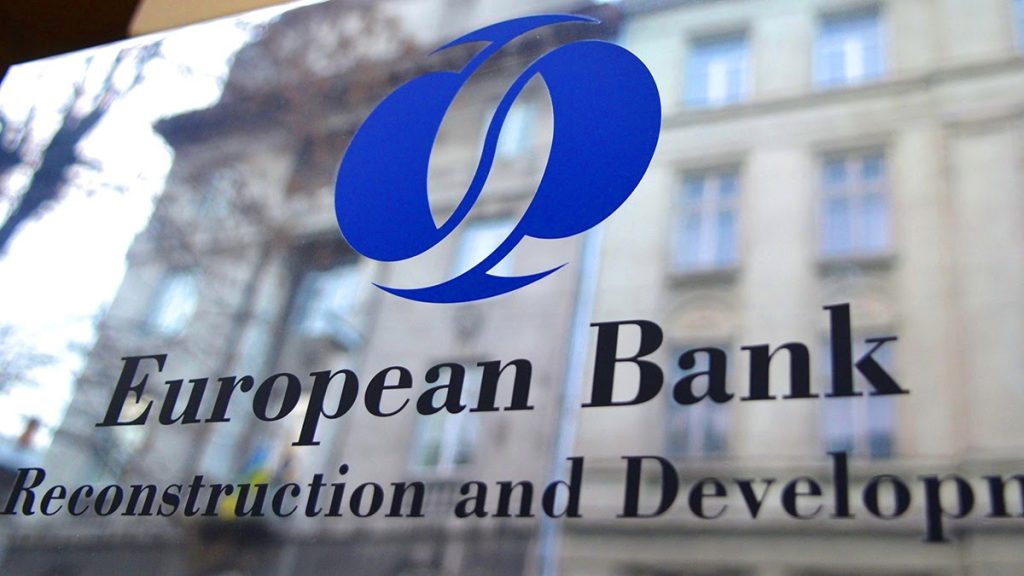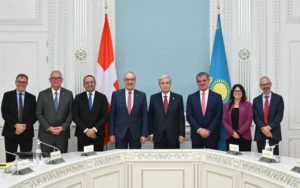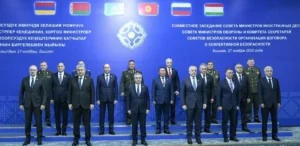EBRD contributes to capital market development in Kazakhstan

Astana, The Gulf Observer: The European Bank for Reconstruction and Development (EBRD) supported Kazakhstan in establishing a legal framework for cross-border, over-the-counter (OTC) derivatives and repurchase agreement (repo) transactions enabling Kazakh businesses to hedge their currency exchange and interest-rate-related risks better, reported the EBRD press service on Monday.
“The adoption of this legal framework is a milestone for the local capital markets. In these globally turbulent times, it is more important than ever to provide businesses in Kazakhstan with cost-efficient hedging tools to mitigate their risks. It will also help the bank source local currency to finance new projects in the country,” said EBRD Director for Kazakhstan Huseyin Ozhan.
Developed by Dentons Kazakhstan international law firm and in close cooperation with the Agency for Regulation and Development of Financial Market, the National Bank of Kazakhstan and the EBRD, the new legal framework is putting Kazakhstan on the derivatives and netting map and helping to develop the financial and capital markets, the report reads.
With the amendments made to the Civil Code and several key laws, the new framework provides for the enforceability of cross-border OTC derivative and repo transactions, including the early termination and close-out of netting provisions typically applied to such transactions.
Businesses in Kazakhstan will be able to trade securities such as derivatives outside of formal exchanges and without the supervision of an exchange regulator.
With almost €9.84 billion (US$10.6 billion) invested in the country through 304 projects, Kazakhstan is the EBRD’s largest and longest-running banking operation in Central Asia.
The EBRD is a multilateral bank that promotes the development of the private sector and entrepreneurial initiative in 36 economies across three continents. EBRD investments aim to make the economies in its regions competitive, inclusive, well-governed, green, resilient and integrated.


